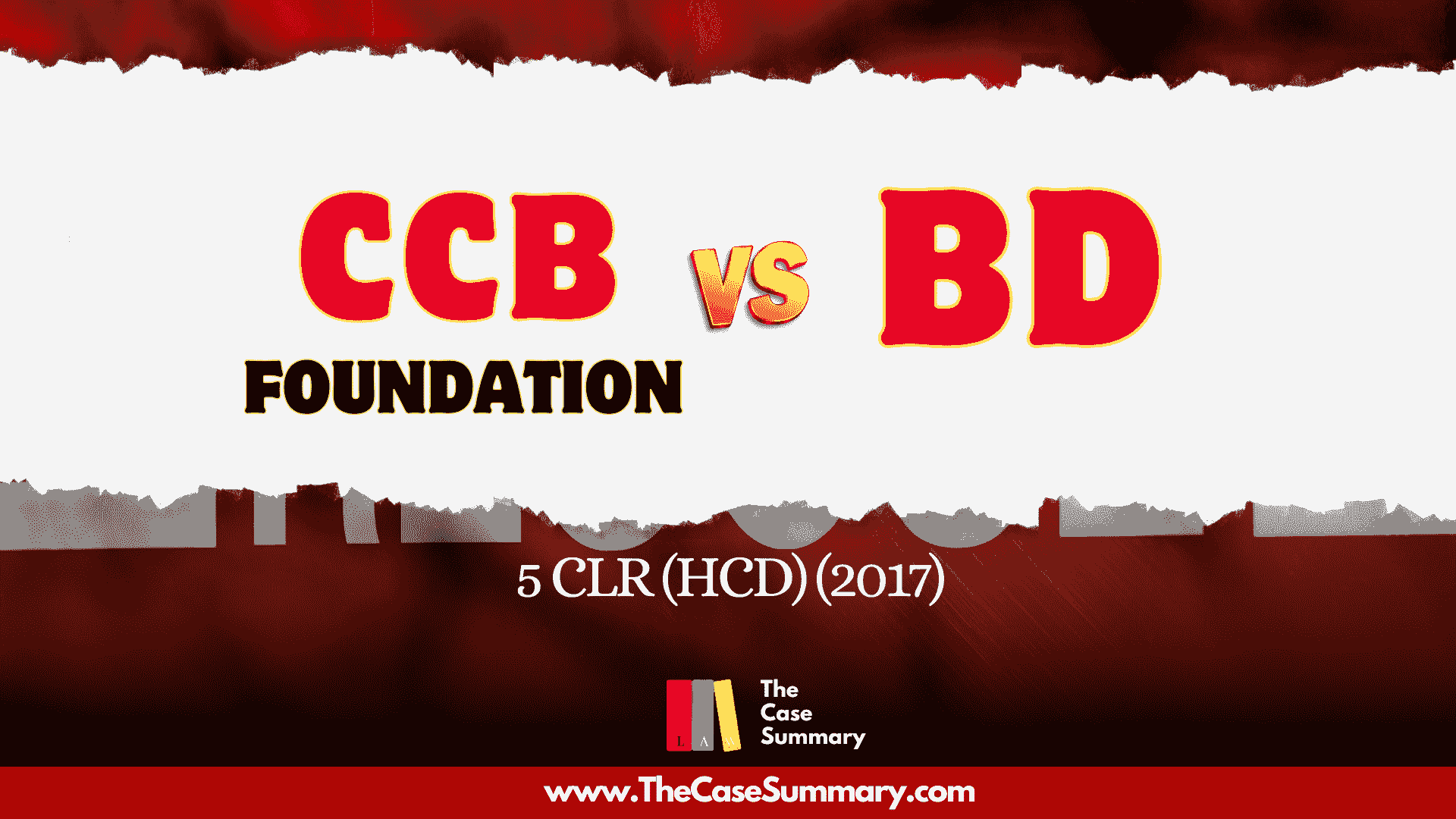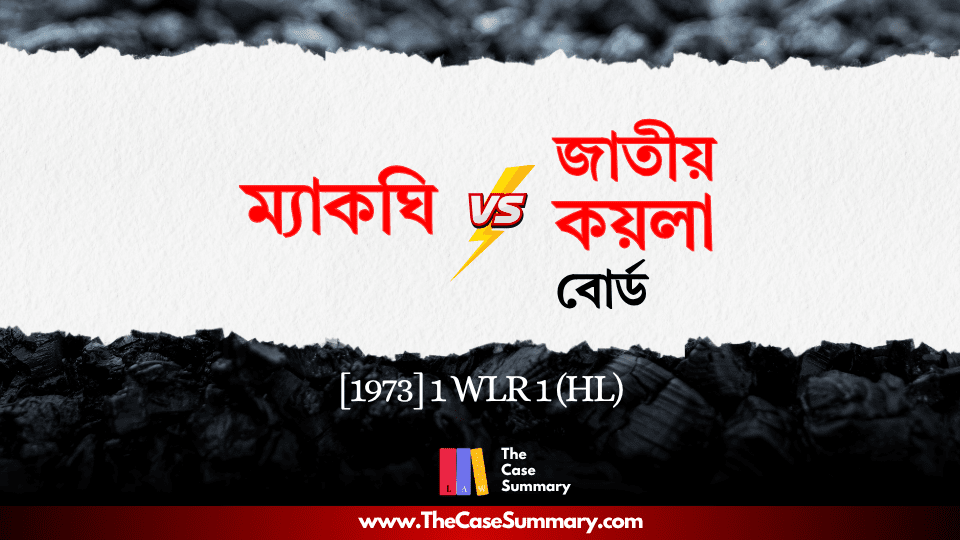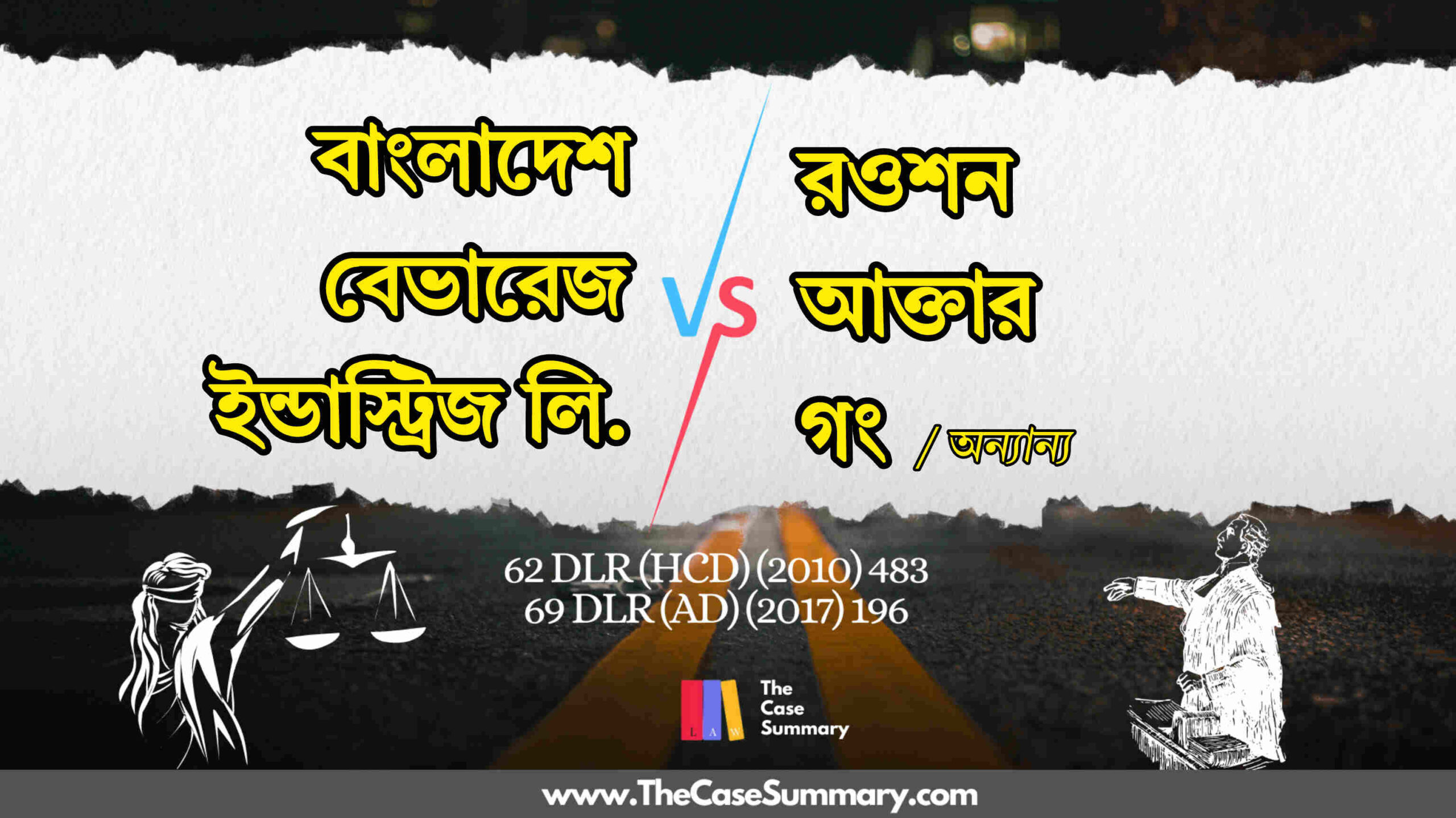Caparo Industries PLC. vs Dickman and others
Reference : [1990] 1 All ER 568
Jurisdiction : England
Appellant : Caparo Industries PLC.
Respondent : Dickman
Facts :
On May 22, 1984, Fidelity PLC., an electrical equipment manufacturing company, published its audited financial statements for the fiscal year ending March 31, 1984. The audit report was prepared by Mr. Dickman, a renowned chartered accountant. The report incorrectly stated that Fidelity had generated pre-tax revenue of £1.3 million. In actuality, the company had incurred a loss of approximately £400,000.
Informed of the company’s profitability, Caparo Industries PLC. acquired approximately 150,000 shares of Fidelity between June 8 and 12, 1984, representing nearly 29.9% of the company’s total shares. However, as Fidelity’s financial difficulties became apparent, its share price plummeted, resulting in significant losses for Caparo. Upon discovering the misleading audit report and Fidelity’s true financial condition, Caparo initiated legal proceedings against the auditor, Mr. Dickman, alleging negligence in the preparation of the accounts and seeking to recover its losses.
Issues :
Did defendant Mr. Dickman owe a duty of care to claimant Caparo?
Decision :
The case was initially heard in the High Court. In that instance, the trial judge ruled that Mr. Dickman, as an auditor, did not owe a duty of care to Caparo Industries PLC. The reasoning was that the purpose of the audit report was to assist the shareholders in their capacity as a collective group, and not to provide information for potential investors or individuals looking to buy shares.
Caparo appealed this decision to the Court of Appeal, where the ruling was initially overturned, but later the House of Lords had reversed the decision of the court of appeal. It held that no duty of care had arisen in relation to existing or potential shareholders. The House of Lords clarified that an auditor’s duty is to the company as a whole, not to specific individuals or external parties. This judgment introduced the “Caparo Test“. This test is also known as “Three Part Test“. In the case of negligence, three elements must be met to hold someone liable. Which include :
- Foreseeability : The harm must be reasonably predictable.
- Proximity : There must be a close relationship between the parties.
- Fairness : It must be fair, just, and reasonable to impose the duty.
The court found that imposing a duty of care in this case would not meet these criteria, particularly regarding proximity and fairness, since the audit was not prepared for individual investment decisions. For that reason, the court held the defendant, not liable.
Author :
1. Md. Atikur Rahman
2. Raiyan Talukder
Note: The Case Summary is a platform by the law students, for the law students. We aim to summarize the facts and decisions of various important cases in both Bangla and English with utmost caution. However, this platform is in no way a replacement for going through the complete judgements by the law students and we discourage any learner from relying on case summaries alone. Thank you.



